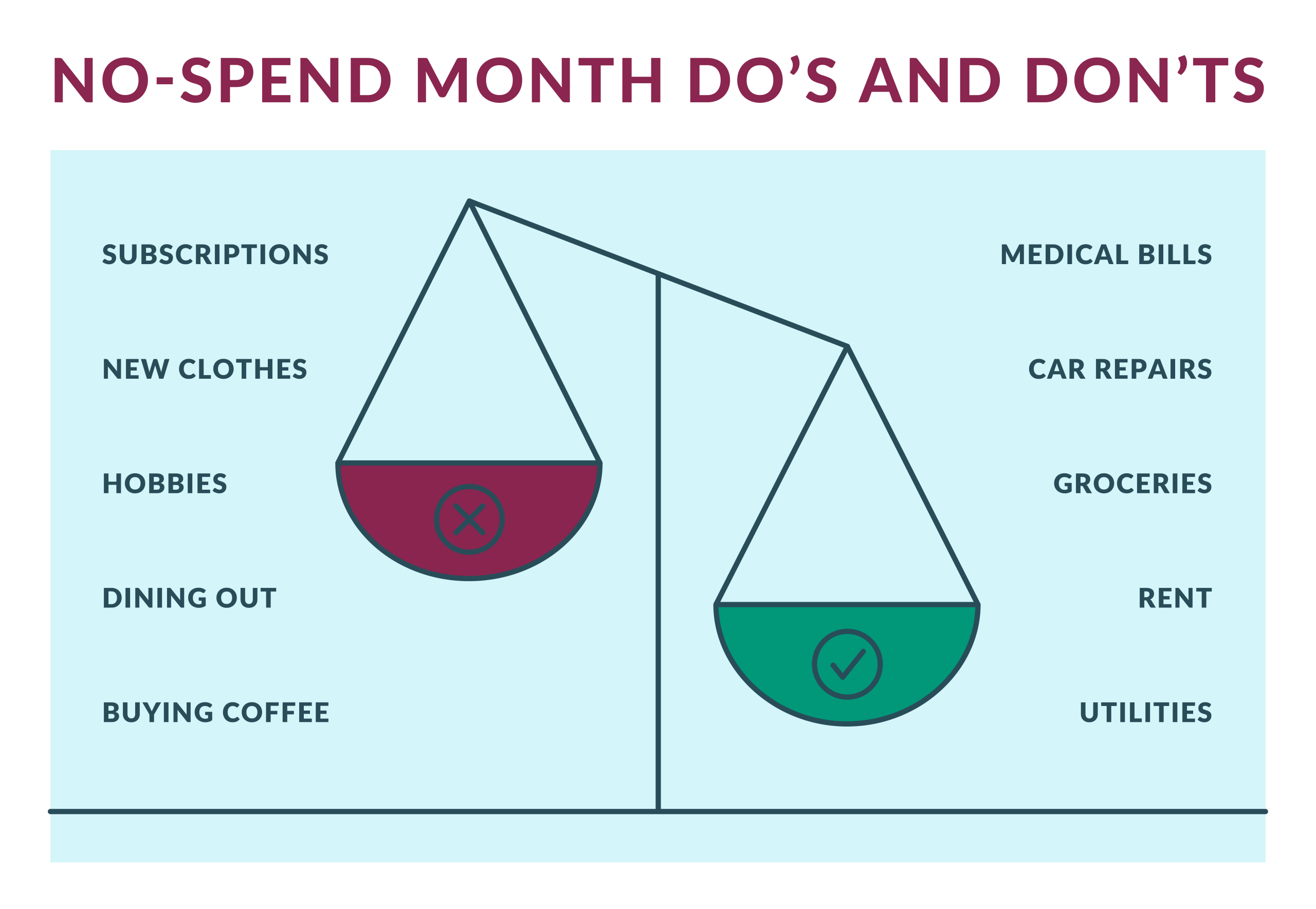Anúncios
Applying for a credit card can be an important step towards personal financial organization, offering a range of benefits such as convenience, ease of payment, and rewards programs.
However, the application is not always approved. When your credit card application is denied, you need to organize yourself so that you can obtain card approval.
Find out in this article the reasons for having a credit card application denied and what to do in this situation.
Reasons for Having a Credit Card Application Denied
There are several reasons that can lead to having a credit card application denied.
It is important to know each of them so that you can identify the problem before making a new request.
Check out the main reasons for having your credit card application denied:
Low Credit Score
One of the main reasons for the refusal of a credit card application is a low credit score.
The credit score, also known as a credit rating, is a number that reflects your financial credibility based on your credit history.
Financial institutions use this score to assess the risk of granting credit to an applicant.
A low score can result from various situations, such as payment delays, excessive use of the credit card limit, or even records of default.
If your score is below what is considered acceptable by the financial institution, it is likely that your credit card application will be denied.
To improve this situation, it is important to pay your bills on time, reduce the use of available credit, and, if possible, renegotiate outstanding debts.
Limited Credit History
Another common reason for credit card denial is a limited or nonexistent credit history.
Credit history is a record of your financial activities, including loan payments, credit card usage, and other forms of credit.
This history helps financial institutions understand your behavior as a credit consumer.
If you have never had a credit card or any other type of credit in your name, banks and financial institutions may have difficulty assessing your ability to manage credit responsibly.
Without a history of payments and credit utilization, institutions have little or no basis to determine if you are a good credit risk.
To build a credit history, a good strategy is to start with more accessible forms of credit, such as store credit cards or prepaid cards that report your activities to credit bureaus.
Additionally, it may be helpful to apply for a credit card with lower limits or consignment credit options, which have fewer approval requirements.
Understanding these reasons is essential for those who have had a credit card application denied.
Knowing the factors that influence the decision of financial institutions, you can take steps to improve your situation and increase the chances of approval in future applications.
High Debts
Having a high level of debt can also be a determining factor in credit card denial. Financial institutions assess your current debt level to determine if you have the financial capacity to take on more credit.
If you already have a high volume of debt in relation to your income, banks may consider you a higher risk of default.
To improve your chances of approval, it is essential to try to reduce your current debts.
This can be done through regular and significant payments, renegotiation of existing loan terms or conditions, or even debt consolidation to make payments more manageable.
Demonstrating a consistent effort to reduce your debt can improve financial institutions’ perception of your ability to manage additional credit.
Being Too Young
The age of the applicant can also influence the decision to grant a credit card.
Very young applicants, usually under 18 or just reaching adulthood, may face difficulties in obtaining a credit card.
This is because, besides probably not having an established credit history, young people often do not have a stable or sufficient income to support additional credit.
For young people who want to start building a credit history, an effective approach may be to become an authorized user on a family member’s credit card.
Or to seek student credit cards, which are designed specifically for those starting their financial lives.
These options can provide a foundation for developing a solid credit history, making it easier to obtain credit cards in the future.
History of Late Payments
The history of late payments is another crucial factor that can lead to credit card denial.
When you delay payments of bills, loans, or existing credit cards, this is recorded in your credit history and negatively affects your score.
Financial institutions see late payments as a sign that you may not manage your financial obligations well, increasing the risk of default.
To improve your situation, it is important to adopt financial habits that ensure all your bills are paid on time.
Setting up automatic debits or payment reminders can help avoid future delays. Additionally, if you already have late payments recorded, it may be helpful to contact your creditors to negotiate a payment plan to regularize your situation.
No Relationship with the Bank
The lack of a previous relationship with the bank where you are applying for the card can also be a factor in the denial.
Banks prefer to grant credit to customers with whom they already have a relationship history, as this gives them a basis to assess your financial behavior.
Without an established relationship, the bank has less information to trust your ability to manage new credit.
To create a relationship with the bank, consider opening a checking or savings account and using other financial services offered by the institution.
Keeping your account in good order and using bank products and services can help establish a positive history, increasing the chances of approval for future credit requests.
Too Many Recent Requests
Making many credit requests in a short period of time can be a warning sign for financial institutions.
Each time you apply for a credit card, an inquiry is made into your credit history. And many inquiries in a short period can indicate that you are desperate for credit or facing financial difficulties.
This can lead banks to consider you a higher risk and consequently deny your request.
To avoid this situation, be selective when applying for credit and give some space between your requests.
If possible, try to resolve any underlying financial issues before making new credit requests.
Focus on improving your credit score and your financial profile so that when you make a new request, your chances of approval are higher.
Application Denied? Know What to Do
Now that you know the reasons for having your credit card application denied, see what you can do to increase your chances of approval:
Request Reconsideration
If you believe the denial was unfair or if there was an error in the analysis of your profile, one option is to request reconsideration from the financial institution.
Contact the bank or card issuer and request a detailed review of the reasons for the denial.
Explain your situation and provide any additional documentation that may support your case.
In some cases, the institution may reevaluate your application and approve it based on the new information provided.
Improve Your Credit Score
One of the most important steps after having a credit card application denied is to work on improving your credit score.
Start by paying your bills on time and keeping your credit balances low in relation to the available limits.
Reduce or eliminate outstanding debts and avoid making unnecessary new credit requests.
The better your credit score, the higher your chances of approval for future credit card applications.
Monitor Credit Reports
Keeping a close eye on your credit reports is essential to understand what may be negatively impacting your score.
Regularly check your credit reports at all major credit bureaus to ensure that the information is correct.
If you find errors or inconsistencies, dispute this information with the credit bureau to have it corrected.
Monitoring your reports also helps detect possible fraud or suspicious activities that may harm your score.
Assess the Right Time to Apply
Timing can be crucial when it comes to applying for a credit card. Avoid making several credit requests in a short period, as this can negatively affect your score and signal desperation for credit to financial institutions.
Analyze your current financial situation and wait until your credit score is in a more favorable range before trying again.
Planning your requests based on periods of financial stability can increase your chances of success.
Choose an Appropriate Card
Not all credit cards are the same, and choosing a card that matches your financial profile is essential.
Research different types of cards available on the market and choose those with requirements more aligned with your current situation.
For example, if you are starting to build your credit history, a student credit card or a secured credit card may be easier to obtain.
Additionally, checking the specific requirements of each card, such as minimum income and credit score, can avoid unnecessary denials.
Taking these measures can help turn an initial refusal into an opportunity for financial strengthening.
By focusing on improving your credit profile and making informed choices, you can significantly increase your chances of approval in the next credit card application.
Now that you know the process when your credit card application is denied, it’s easier to get approval for yours. See other incredible financial tips on our website.






